How To Use Washers Correctly
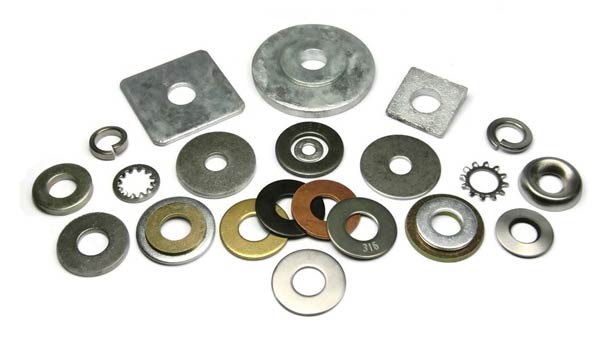
Bolts do a much more reliable job when used with washers. Washers protect the surface from damage during installation and distribute the pressure from the head of bolt, preventing it from moving. They can also prevent corrosion from when two different types of metals could touch.
Skipping on washers can dramatically reduce the lifespan of how your product is put together. Along with the fact the washers themselves are relatively cheap, skipping them isn’t going to save you anything significant from the cost of your project or build.
How To Use Washers Correctly
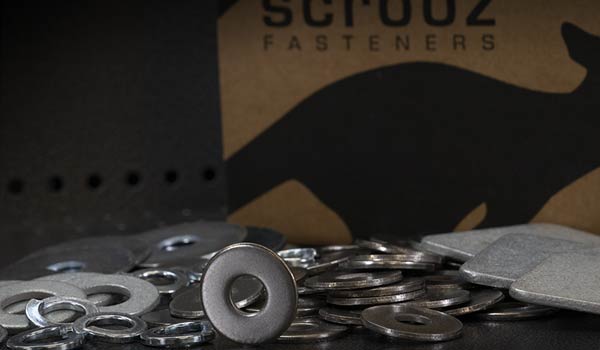
Different types of washers are needed for different uses. Read on to find out how to use each type correctly.
Plain flat washers
Use these washers to distribute the bolt head load while reducing heat and friction during the tightening process. They can also be used as spacers, as is common in industrial and domestic applications. Flat washers are also called on to provide electrical insulation.
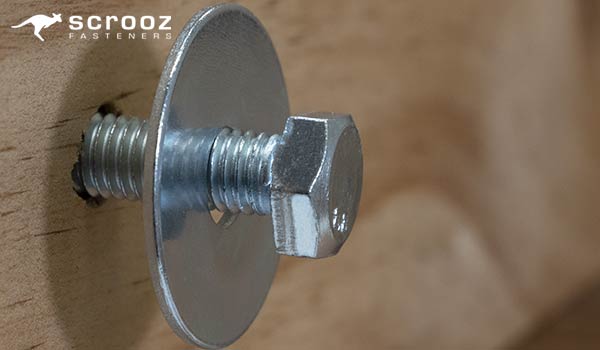
A plain flat washer with hext bolt on wood. You can see how the washer will protect the wood from the bolt head.
Spring washers
Use these washers to limit movement in a bolt due to vibration or thermal expansion. Spring washers are perfect when your bolt require a degree of flexibility. These reasons are why the aerospace industry often uses spring washers in actuators on airplanes, including the flight controls and landing gear.
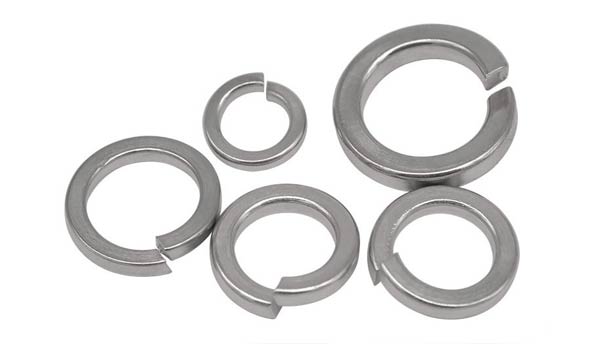
Spring washers help limit the movement of a nut or bolt, but are less effective than lock washers.
Lock washers
Use these washers with bolts that tend to rotate or come loose due to vibration. Wedge Lock washers have radial serrations on both of its surfaces which bite/interlock into mating faces. This helps prevent loosening of the fastener due to vibration. Wedge Lock washers are a favourite in transportation industries such as automotive and aerospace. You’ll also find them in household white goods.
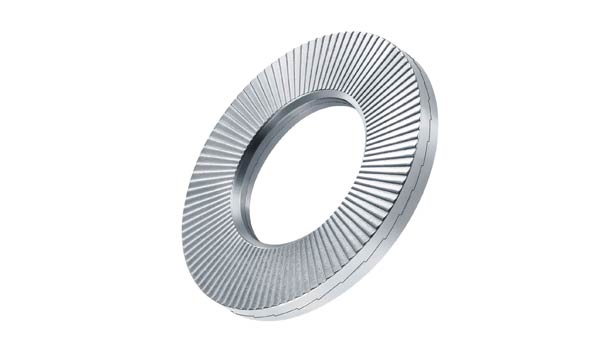
A lock washer grips the head of the bolt and the surface it's fitted to. Heavily used in the Automotive aftermarket industry
Countersunk washers
These washers aren’t just functional, but also aesthetically pleasing. Use these washers to allow countersunk screws to be installed flush with the surface of an object. You’ll often see countersunk washers on furniture, they were also used extensively in the 1970’s when wood paneling was screwed in place over existing walls (designers loved that exposed screw look back then.)
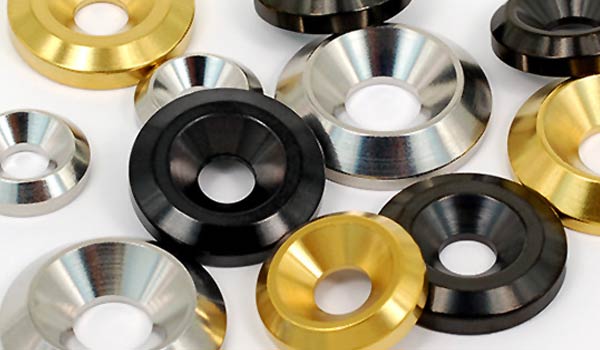
Countersink washers come in a variety of styles and colours. These are often found on modern wood furniture.
If you'd like to view our range of washers check them out here: Washers
Thanks for reading our latest blog entry
Best Regards,
The Scrooz Fasteners Team
